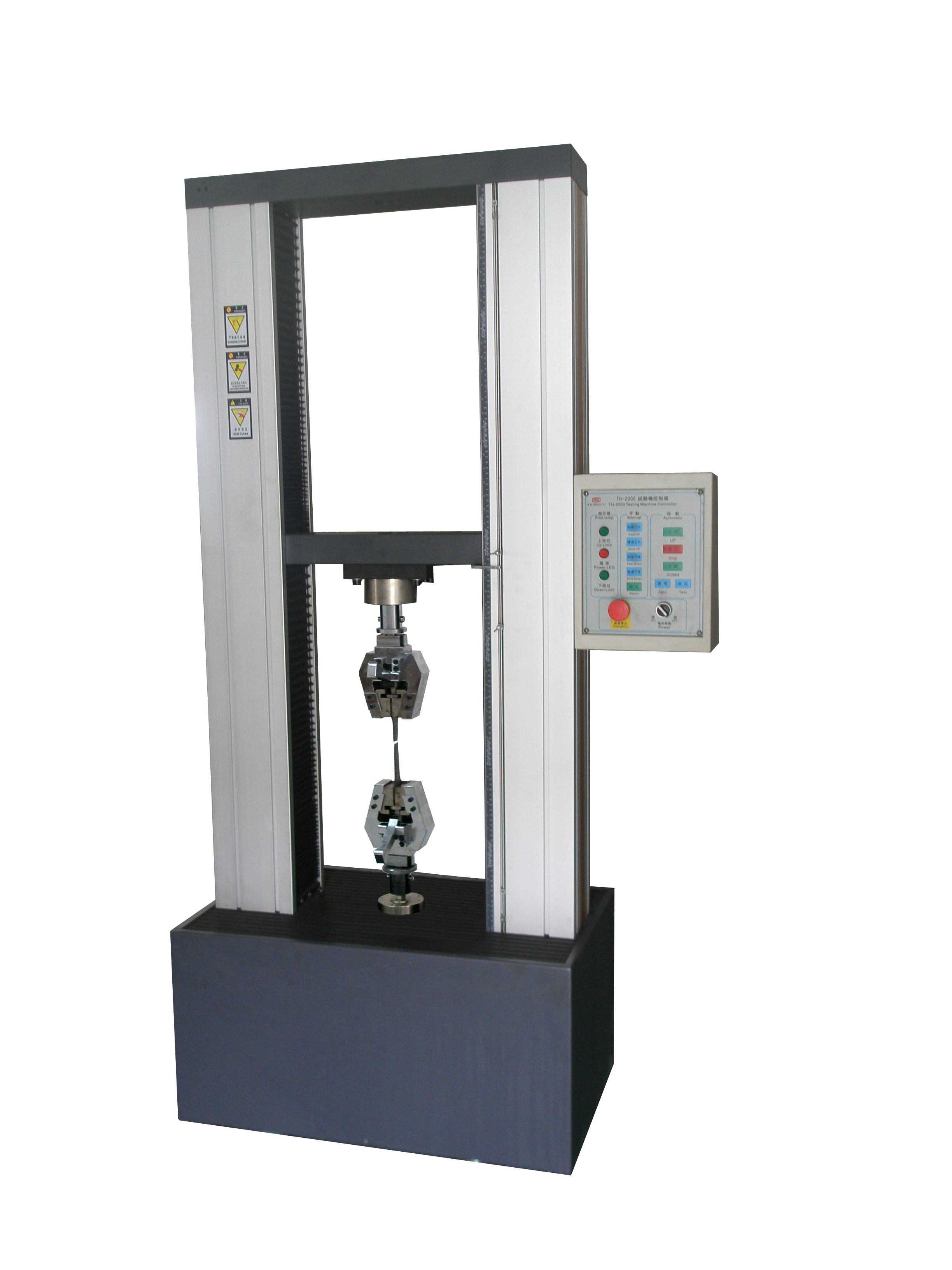
NewsInformation Center
How to Choose a Tensile Test Machine for Your Textile Material?
2023/11/24
There are several factors to consider when choosing the right textile material tensile testing machine. Here are some suggested steps to help you make an informed choice:
1. Determine your testing needs:
Determine the specific parameters you need to measure during the tensile testing process. This may include tensile strength, yield strength, elongation, modulus of elasticity or other mechanical properties. Consider the range of forces and displacements you need to accurately measure.
2. Know your material:
Fully understand the material you will be testing. Consider its composition, thickness, expected mechanical behavior, and any special characteristics. Different materials may require different test techniques or fixtures to ensure accurate results.
3. Study the test standards:
Familiarize yourself with industry standards or specifications related to tensile testing of your material. For example, ASTM, ISO or other industry-specific guidelines provide specific instructions for test procedures, specimen sizes and equipment requirements. Ensure that the tensile testing machine you select will meet the requirements of the applicable standard. 4.
4. Consider capacity and load range:
Determine the maximum force or load capacity required for your testing application. Ensure that the load capacity of the selected tension tensile testing machine is sufficient to handle the expected force without exceeding its limits. Consider the range of forces you will be testing to ensure that the load range of the tensile testing machine matches your needs.
5. Evaluate the characteristics of the tensile testing machine:
Consider the features and functionality of different tension tensile testing machines. Some important features include the type of fixture (e.g., pneumatic, hydraulic, mechanical), load cell accuracy and resolution, control software, test speed range, strain gauge compatibility, and safety features. Evaluate whether the features of the tensile testing machine match your specific testing requirements.
6. Quality and reliability:
Look for a reputable supplier or manufacturer to ensure the selection of a high quality and reliable tension tensile testing machine. consider equipment durability, maintenance requirements, calibration and certification options, and after-sale support.
7. budget considerations:
Determine your budget constraints and consider the cost of the tensile testing machine, including any accessories or software required. Balance budget constraints with required specifications and quality standards.
8. Seek expert advice:
If you are unsure about the best tension tensile testing machine for your textile material or testing needs, consider consulting an expert in the field or contacting a reputable supplier. They can provide guidance and advice based on their expertise.
By following these steps and conducting thorough research, you can select a tensile tensile testing machine that meets the requirements for textile material testing, complies with the relevant standards and meets your budgetary constraints.
Finally, it is advisable to refer to professional textile material tensile testing machine suppliers and consultants, who can provide more detailed and customized advice for your specific needs and applications.
Previous: How to choose the best tensile strength tester manufacturer?
N e x t : What safety precautions should be taken during an oxygen index test?




